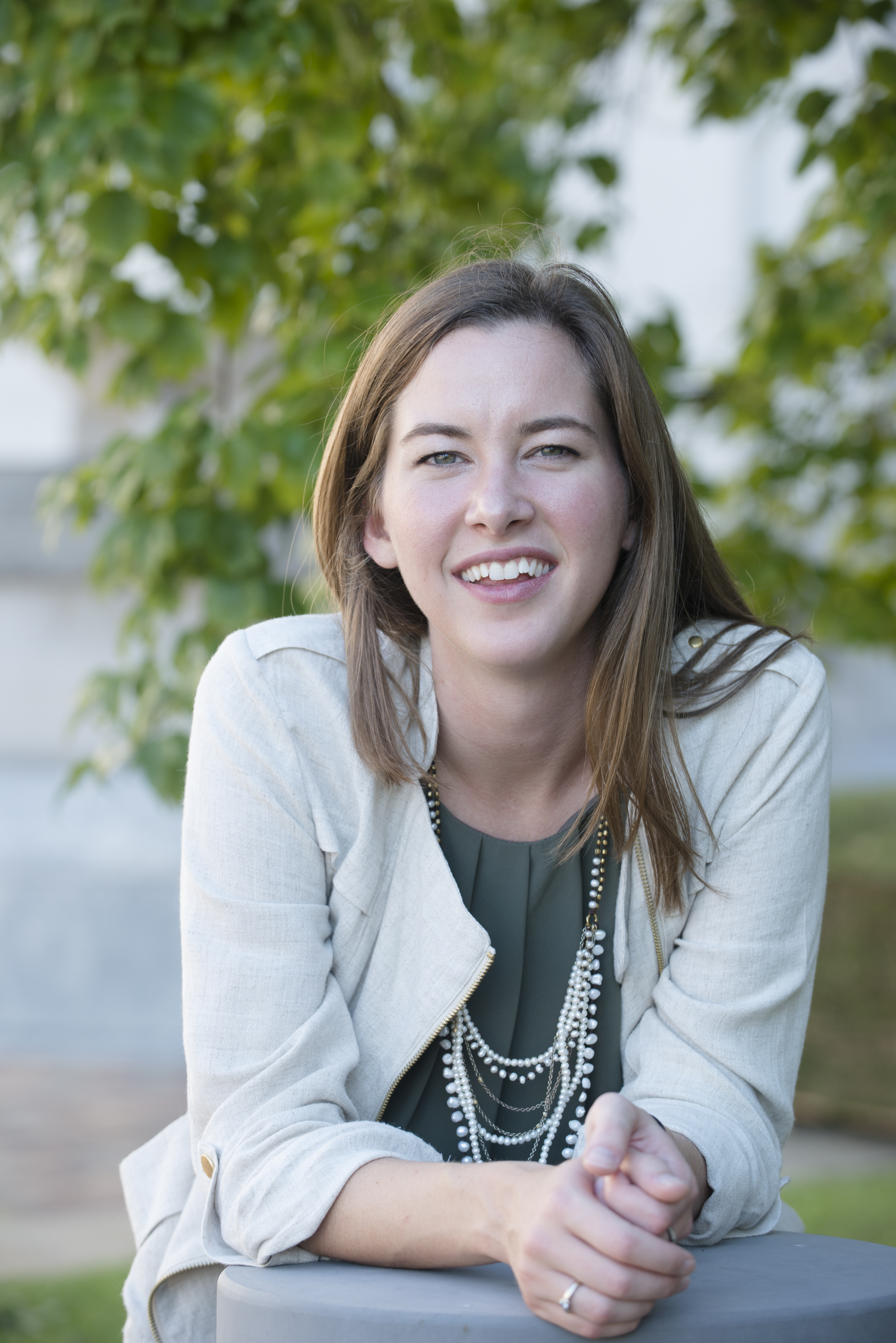
Kelsey Davis
Reporter for the Montgomery Advertiser
Montgomery Advertiser, Sept. 6, 2016
It took some time for me to realize that most 24-year-olds probably aren’t excited about going to speak at a small town Rotary Club.
My editor actually had to point that oddity out to me. The situation didn’t strike me as unusual though because I wasn’t just going to speak in a random town. I was going to LaFayette, Alabama, a speck on the map that played a significant role influencing me and how I tell stories.
Without that context (or maybe even with it) I could see how speaking at Rotary comes off as an odd thing for someone my age to look forward to.
They told me about how they used to ride motorcycles across the country, but now raise show chickens because that’s what their little boys like to do. They talked about still working at 73 because Wal-Mart bankrupted their company years ago. They generously let me get to know them and taught me how to treat a stranger.
But there I was, driving down a familiar county road lined with pine trees, broken up by the occasional pasture spotted with bales of hay, toward LaFayette eager to tell a group of mostly older gentlemen about how their rural town shaped me.
It began during my final semester of college when I had to enroll in a class that I previously tried to avoid. Community journalism.
The objective was simple. We were to pick a small town in Alabama and spend the semester writing about it. While other people were picking towns based on connections or pre-existing fondness they had for a place, I chose LaFayette mostly because it was only a half-hour drive from Auburn.
Ever the procrastinator and also lacking the desire to start this project, a few weeks passed before I began working on assignments. I pulled into town square one afternoon looking for a story but not knowing a soul.
I parked my car and spotted a guy who looked like he wasn’t from around there. Wearing a clean button down shirt with faded blue jeans and black-rimmed glasses, he was looking up at an old building like he had a vision. I hoped us out-of-towners could help each other out. I was right.
The man turned out to be the town barber who drove down every weekend from Atlanta to cut hair in LaFayette on Saturdays — an intriguing story in himself.
He had renovated the interior of the building to house a classic barbershop downstairs and a polished, antique looking loft upstairs.
I know this because within five minutes of meeting me, he invited me into his home for a tour. He showed me the ins and outs of the building, told me of its history, introduced me to his wife — all of this for a complete stranger.
He was the first and last stranger I met in LaFayette.
From there, every person I was introduced to would be sure to introduce me to the next person we ran into, even go so far as to explain why I was in LaFayette for me.
Then they’d offer to help me in any way they could. And they did. They hosted me for tours, invited me to their Rotary Club, fed me lunch, let me hang out with them all day, without expecting anything in return.
They told me about how they used to ride motorcycles across the country, but now raise show chickens because that’s what their little boys like to do. They talked about still working at 73 because Wal-Mart bankrupted their company years ago. They generously let me get to know them and taught me how to treat a stranger.
Through that, they became a guiding force for me in a way I couldn’t have foreseen.
Some nights when I needed to soul search the way soon-to-be college grads do, I’d find myself driving down the rolling county road that led to LaFayette, anxiety easing as I got closer.
One day after class as the semester was coming to a close, my community journalism professor asked me what I wanted to do with my life.
“Work for the New York Times?” she mused. I told her I wanted to go back to LaFayette.
I didn’t know how, but I knew I wanted to keep telling their stories. I wanted to show people how small towns have big hearts and minds. How they’re the mortar to the bricks that form this country.
Two years would pass before LaFayette found me again though. In the meantime I moved to Austin, Texas, for an internship — loving the magazine where I worked but yearning for the community connectedness I once knew.
When I moved back to Alabama, I tried to apply what I absorbed from LaFayette in every aspect.
The courthouses I cover became pockets to foster community and become engaged with the people I pass by on a weekly basis.
I learned to slow down and invest in the people I write about (and those who I don’t), to form more distinct connections than I would have known how had I not been embraced by LaFayette.
Looking back, I can see now how my LaFayette experience awoke within me the desire to form these webs of community within journalism. It changed the way I write, report and live.
Still, I never considered returning to the birthplace of this awakening. That changed a few weeks ago when I met the headmaster of Chambers Academy — a fellow LaFayette outsider who had also come to foster an appreciation for the town.
It was the first time I had struck that common ground with someone else.
He later asked me if I’d be interested in coming back to LaFayette to talk to the Rotary Club about my experience.
Even though the thought of public speaking made me quake a little bit, I couldn’t turn down the chance to return to this place that had so unexpectedly molded me.
So that’s what I did. I didn’t have notes or a PowerPoint. I truthfully didn’t prepare anything. I knew how deeply ingrained their impact was on me and trusted that to come out once I started talking.
It did. I heard myself explaining to them things I hadn’t quite put together yet. Things like how they showed me to give without expecting anything in return, to stop for a few moments and invest in the people I pass every day, to welcome strangers with open arms.
I told them that even though I objectively knew these were good practices, I didn’t know how to carry them out until I watched them live it.
I still haven’t told their stories the way I once envisioned I would. But now, I’ve been able to tell them how their stories shifted the trajectory of mine. For that I am overwhelmingly grateful.
